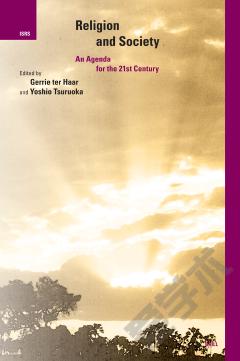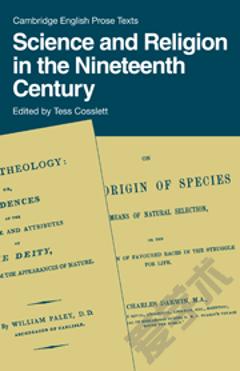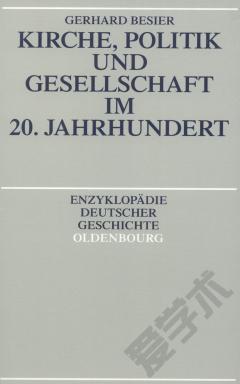Religion and Society in the 21st Century
This volume focuses on religion from a trans-cultural and international perspective. Its aim is to open up new perspectives on how religions might coexist peacefully within 21st century societies and simultaneously contribute to global pacification. Can a religion cope peacefully with the existence of other religions, without having to abandon its own claim to truth, and if so, what already inherent, specific characteristics would have to be emphasized? Or is secular culture the path to convince different religions of a shared ideal of peaceful co-existence? These questions are approached considering the socio-political implications of religions in Asian, African, Latin-American and European contexts.This collection of essays reflects on the entire spectrum of the highly topical and complex academic discussions pertaining to the interrelation of society, state and religion. One example in this collection features the analysis of a secular state engaging in dialog with Muslim communities through a state-moderated communication platform; another article concentrates on the political impact of Christian churches on Nigerian society by means of political advertisement. Moreover, the different concepts of religion in Western societies are considered: one essay argues that in democratic societies it is the state that must guarantee the freedom of religion and thereby provide the basis for a peaceful co-existence between all religions.
{{comment.content}}








 京公网安备 11010802027623号
京公网安备 11010802027623号